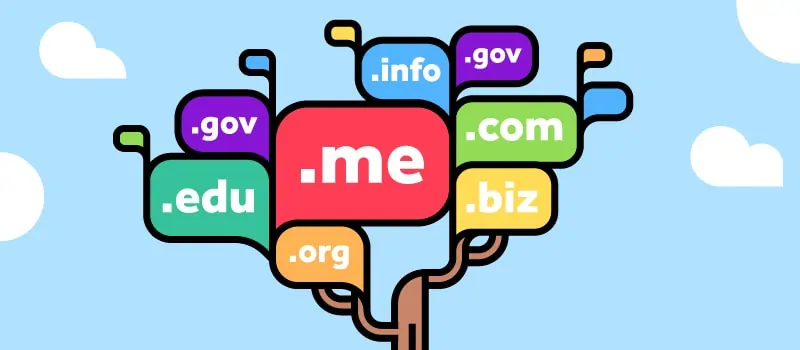The Nitty Gritty of Buying or Selling a Website

Buying or selling a website is a lot about positioning. You need to have all of your due diligence in place before you proceed. You need to strategically game out a professional price and prove the basis for it.
Discounted cash flow (DCF) analysis is the valuation method I prefer. In a DCF valuation the firm's value is the present value of the firm's future cash flows and the value of any liquid assets. Discounted cash flow techniques also implicitly use depreciation and any other tax factors, if applicable, in rate of return calculations. The net initial investment of an acquisition is considered a lump-sum outflow at time zero. The net after-tax profit is a base.
A five-year projection is normal, based on historical performance and as adjusted for any new expenses the buyer may encounter. The measure of success is the Internal Rate of Return (IRR) and the Net Present Value (NPV) of the final calculations. For example, let's take a NPV of $350,000 with an IRR of 15 percent. Those are our final calculations.
What does this mean? Well, we base those on a detailed excel calculation. Using negative and positive cash flows for a five-year period and the NPV formula, that's our hypothetical result. The NPV is a mathematical result. The IRR is the same. A seller cannot argue with these results unless we have incorrect assumptions.
We'll estimate the discount rate or hurdle rate (cost of capital) as 10 percent from the standpoint of the buyer. Since the IRR is 15 percent and this exceeds the discount rate, the project's return exceeds our cost of capital and it's a go-ahead. The variable is the percentage you assign on a risk basis to your cost of capital. In this instance it is 10 percent. This is how the buyer should evaluate the website investment.
The market value offered by the seller is determined by the calculated NPV, in this case $350,000. The assumptions are limited to taxes, the cost of revenues and the growth factor of revenues. Incrementally changing these variables will affect the NPV, or asking price.
Once a buyer is serious, they may enter into a Letter of Intent. At this point you'll want to consider a Non-disclosure Agreement to protect proprietary information. You'll also want to gather profile information that will affect your position if you're the buyer:
- Unique visitors per day
- Is the traffic entirely organic (that's the best answer)
- Financials for the last 3-5 years
- Employee compensation patterns
- Any contingent problems
- Any demographic information
As a buyer you'll also want to perform an SEO audit to determine that the site is technically correct, optimized and has the right amount of text and key phrase usage. You'll want to analyze the Page Titles, H1 Headers and the description Meta tags.
Finally you'll want to consider the value of your time and how much time you'll have to devote to this acquisition. Based on any new input you can counteroffer at a range you feel comfortable with. Actually, just request a copy of their excel spreadsheet detailing their valuation and you can make the changes in real time.
If the website seller doesn't have a sufficient historical background and does not possess a DCF valuation already in place, you'll need to place more emphasis on estimates and do your own DCF valuation. A professional seller will have a DCF valuation.
A DCF valuation will give you a precise number and make your sale commensurate with the highest professional standards. It explains your reasoning, your assumptions, and gives it to the buyer in black and white.
You may consider creative financing in the options. In other words, think a little bit like a venture capitalist. If you add unusual terms you may sweeten the deal. You may want to keep a minority interest in the sale. You may offer installments or a contingent payout. Buyers like ideas and often act on them.
Your last consideration is your target market. If your website is selling for $350K, then approach a company in the same industry which has $5 million in sales, or perhaps up to $15 million. A $350K investment is not a problem for them. But don't approach a 200 million conglomerate, because this size of investment may be too minimal for them. A strategic sale of your website begins with a DCF Cash Flow Business Plan (if you're the seller) and an idea based on quality research of exactly who your buyer may well be.
David Meade is an international freelance SEO Consultant based in Florida. He has written half a dozen books and is also a copywriter. He can be reached at: DavidMeade7777@gmail.com or through his website https://www.writers-web-services.com.









